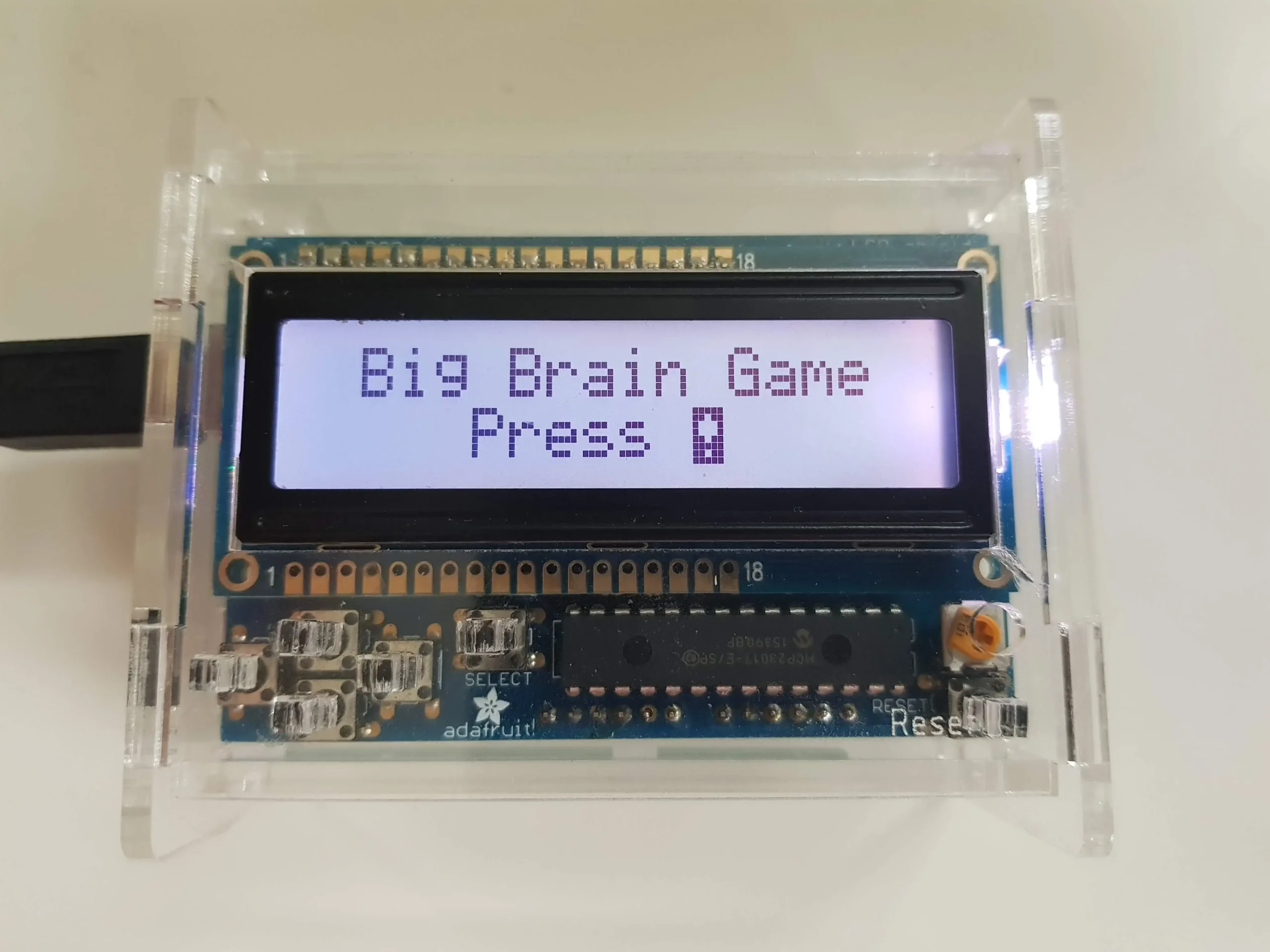Arduino, a versatile open-source electronics platform, has gained immense popularity for its ability to bring ideas to life through simple and affordable hardware and software. While it’s commonly associated with DIY projects and prototyping, Arduino’s influence extends into the realm of gaming. In this article, we’ll explore the fascinating world of “Arduino Games” and how enthusiasts are leveraging this platform to create engaging and interactive experiences.
What Are Arduino Games?
Arduino games refer to interactive projects that utilize Arduino boards and components to create playable experiences. These games vary widely in complexity, from simple button-controlled games to more intricate projects involving sensors, displays, and other electronic components. Essentially, Arduino games combine the thrill of gaming with the satisfaction of building and programming.
Arduino games can encompass various genres, including puzzle games, racing games, and even simulations. What sets them apart is the hands-on aspect of building the gaming interface and programming the logic behind it. Imagine playing a game you’ve crafted yourself, where every button press and LED flash is a result of your coding prowess.
How to Get Started with Arduino Games
For those intrigued by the idea of Arduino games, getting started is surprisingly accessible. All you need is an Arduino board (such as the Arduino Uno), basic electronic components like buttons and LEDs, and a willingness to learn some programming. Platforms like Arduino IDE provide a user-friendly environment for coding, making it suitable for beginners.
To dive into Arduino game development, start with simple projects. Begin by understanding how to read input from buttons, control LEDs, and display information on a small screen. As you become more comfortable, you can explore more complex projects involving sensors for motion detection or additional displays for a more immersive gaming experience.
Benefits of Arduino Games
Beyond the joy of playing custom-made games, Arduino game development offers various educational benefits. It serves as an engaging entry point into the world of electronics and programming, making these concepts more accessible, especially for beginners.
Arduino games foster creativity and problem-solving skills. As developers design and refine their games, they encounter challenges that require innovative solutions. This process enhances their ability to think critically and find creative ways to overcome obstacles.
Top Arduino Games Projects
- Button-controlled LED Game: Create a simple game where players press buttons to match LED patterns.
- Tilt-controlled Maze Game: Use tilt sensors to navigate a virtual maze by physically tilting the Arduino board.
- Reaction Time Tester: Build a game that measures players’ reaction times by timing button presses.
For detailed instructions on these projects and more, check out online Arduino communities and project-sharing platforms.
Challenges and Solutions in Arduino Game Development
While Arduino game development is a rewarding endeavor, developers often face challenges such as hardware limitations, debugging complex code, or integrating multiple components seamlessly. To address these challenges, it’s crucial to break down problems into smaller, manageable tasks. Additionally, seeking guidance from the vibrant Arduino community can provide valuable insights and solutions.
Arduino Game Development Communities
One of the strengths of Arduino game development lies in the supportive communities that have emerged around it. Platforms like GitHub, Arduino Forum, and Reddit’s Arduino community serve as hubs for sharing ideas, troubleshooting issues, and showcasing completed projects. Engaging with these communities not only provides assistance when facing challenges but also opens doors to collaboration and inspiration.
Future Trends in Arduino Games
As technology continues to advance, the future of Arduino games holds exciting possibilities. Integration with virtual reality (VR) and augmented reality (AR) technologies, enhanced graphics capabilities, and more sophisticated sensors are likely to shape the next generation of Arduino games. The DIY spirit of Arduino combined with these advancements promises a future where anyone can create and enjoy immersive gaming experiences.
Conclusion
In conclusion, Arduino games represent a captivating intersection of electronics, programming, and gaming. Whether you’re a seasoned developer or a curious beginner, the world of Arduino games offers endless opportunities for creativity and learning. As technology evolves, so will the possibilities, making Arduino game development an exciting journey for enthusiasts worldwide.
